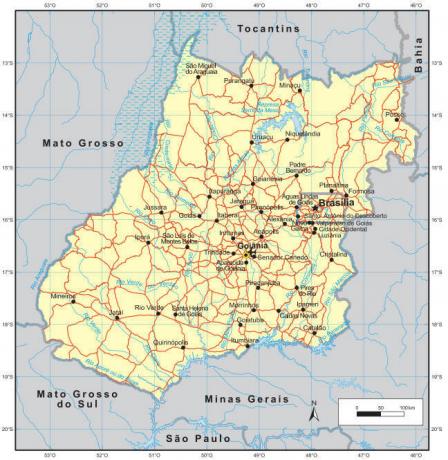Formed by hydrocarbons (propane and butane), liquefied petroleum gas (LPG), also called liquefied petroleum gas Petroleum (LPG) is a product obtained during the processing of oil or natural gas, so it is a non- renewable.
Refineries are responsible for manufacturing petroleum by-products, which can originate diesel, gasoline, liquefied petroleum gas, etc. The production of LPG occurs on a smaller scale compared to other products, however, this substance can be obtained through the refining of other fossil fuels, that is, the by-product of gasoline, for example, can originate the LPG
After being processed, liquefied petroleum gas is widely used in residential and industrial heating, in production of polymers and rubbers, cooking gas, lighter, in addition to being used as fuel in automobiles. As it is a highly flammable fuel, LPG must be stored in suitable cylinders or cylinders.
This fuel quickly became popular as it is very useful in homes and has relatively low prices. Another very profitable application of LPG is in automobiles, as it has a much lower value compared to gasoline and ethanol.
In addition to the economic advantages, this fuel emits less polluting gases into the atmosphere compared to other fuels of fossil origin (diesel gasoline): 50% less carbon monoxide, 40% less hydrocarbons, 35% less carbon oxide. nitrogen. However, the safe conversion for the use of propane as a fuel is complex, with a relatively high value.
By Wagner de Cerqueira and Francisco
Graduated in Geography
Brazil School Team
Fossil fuels - Fuels - geography - Brazil School
Source: Brazil School - https://brasilescola.uol.com.br/geografia/gas-petroleo-liquefeito.htm

